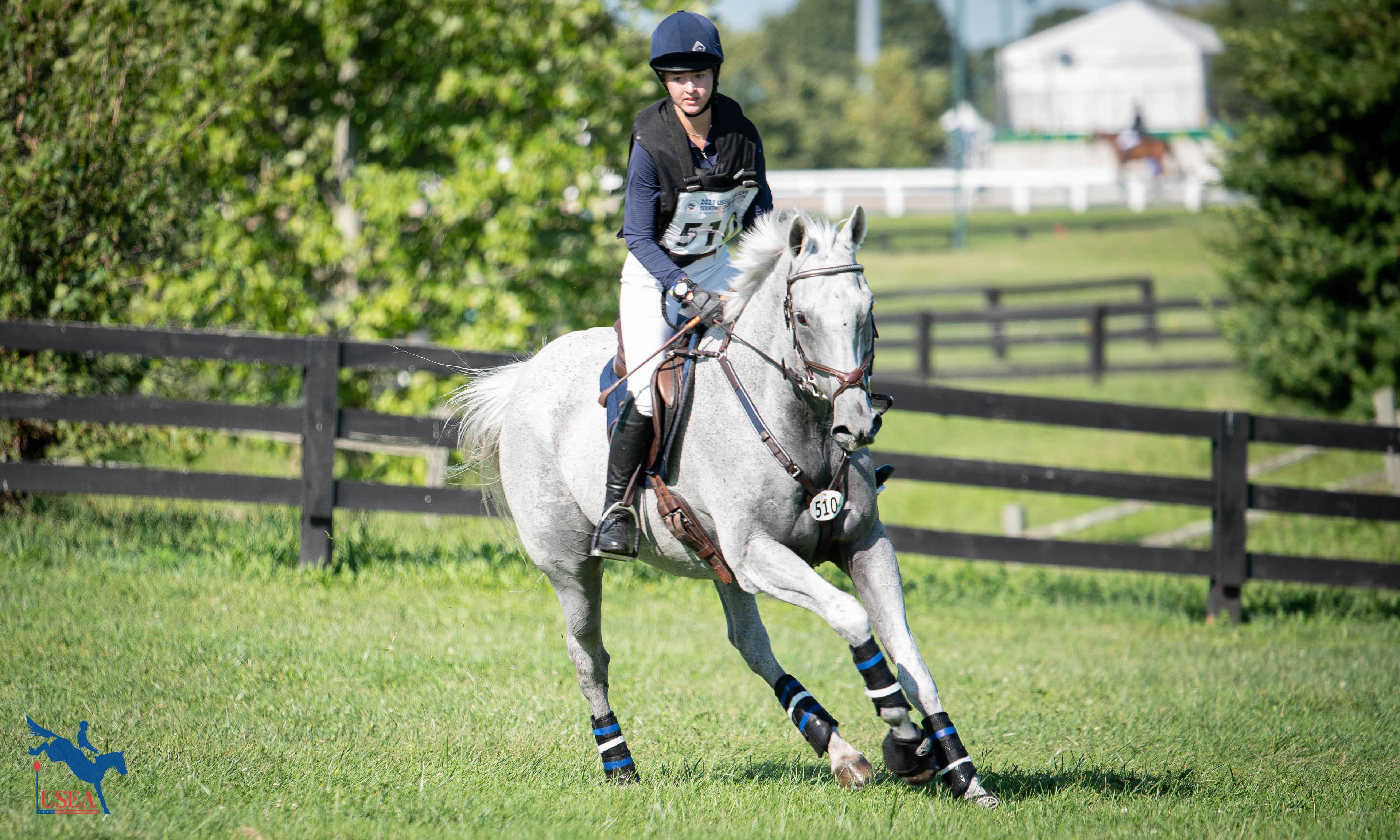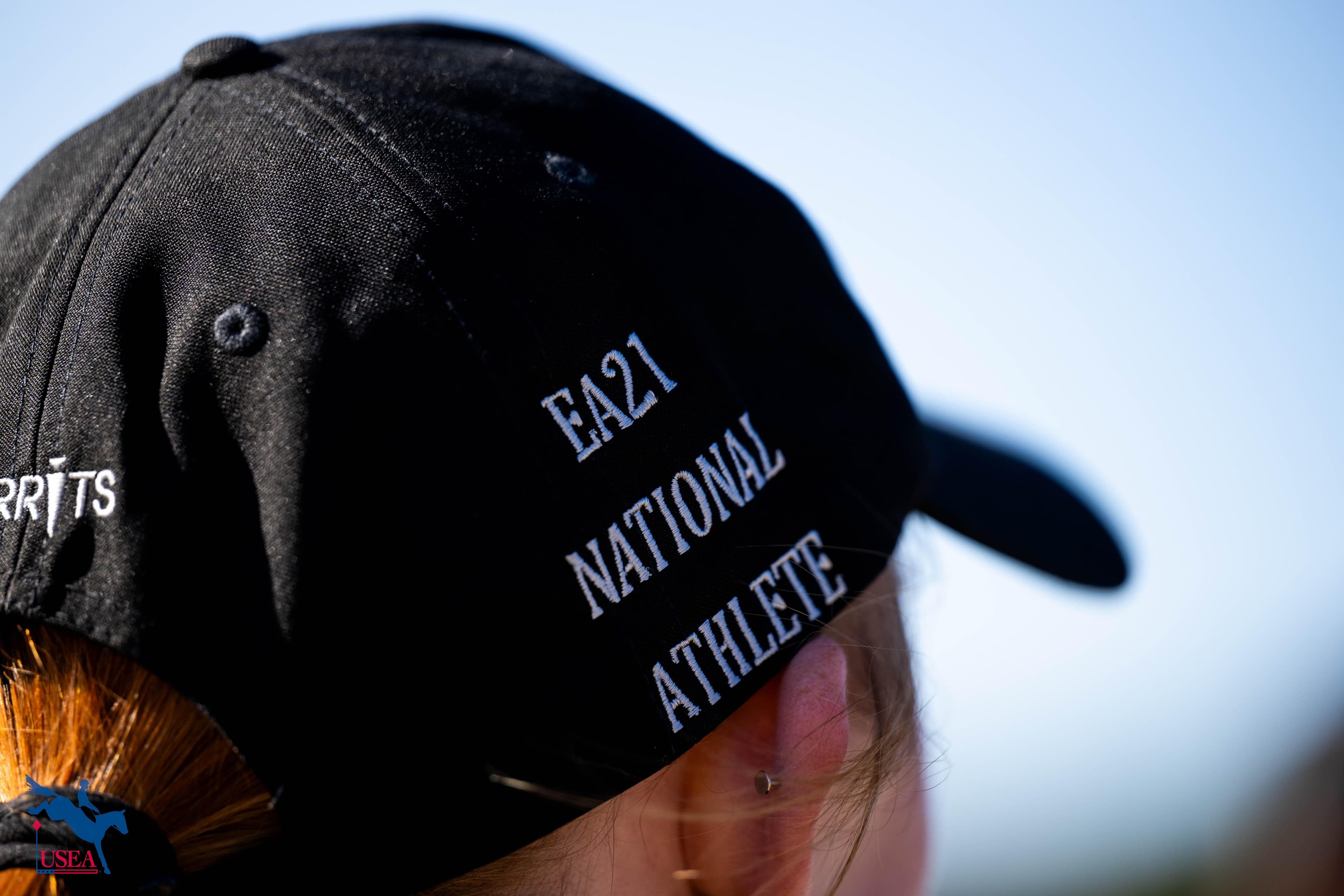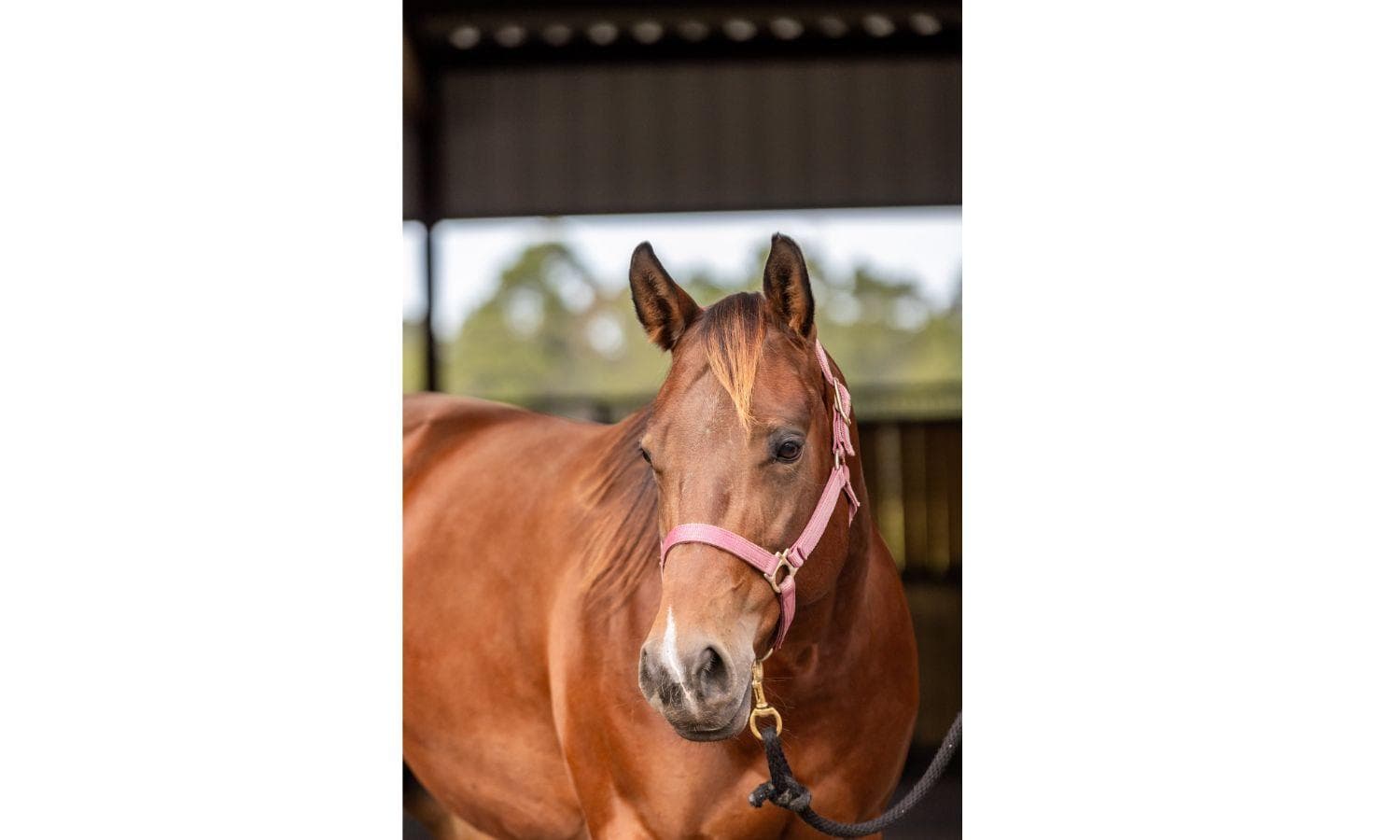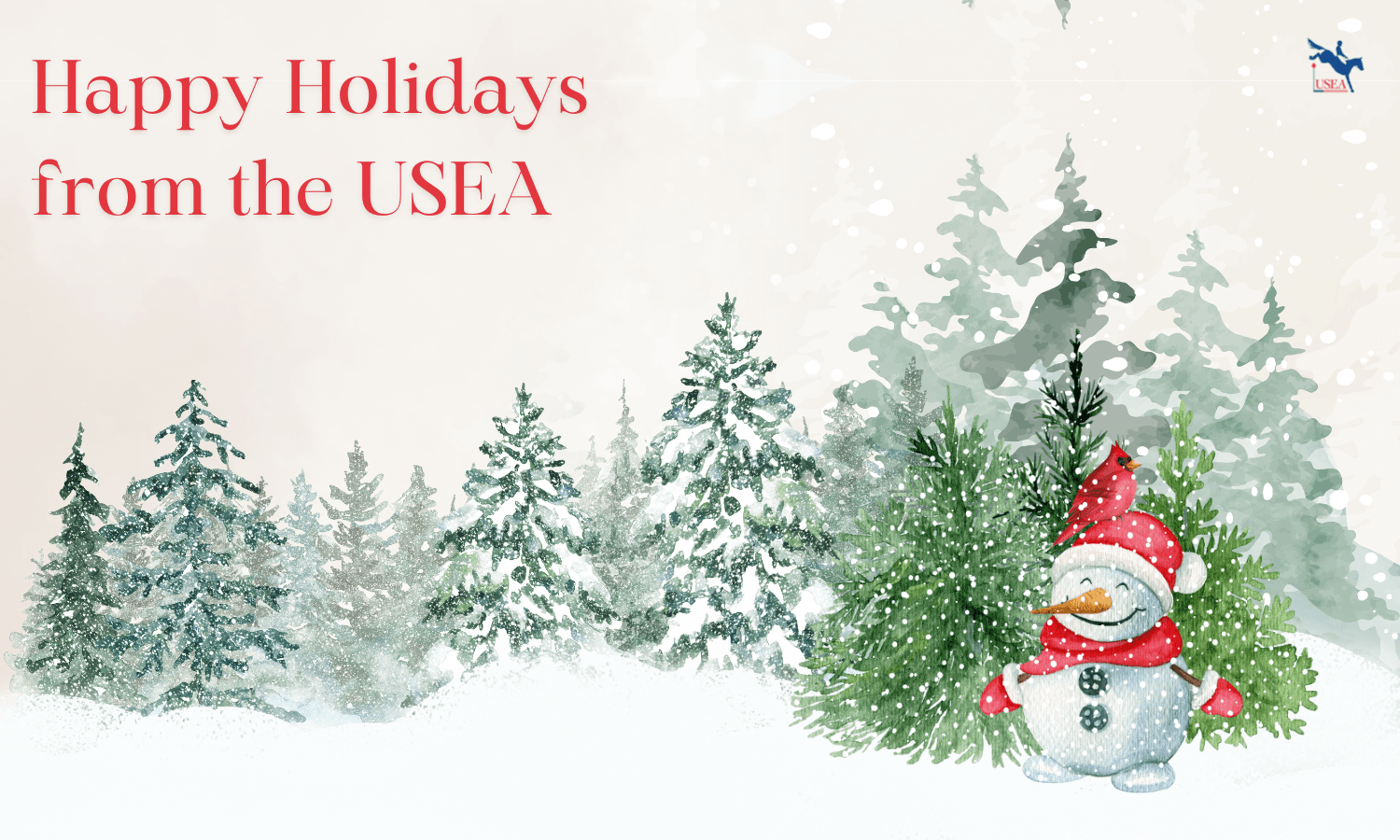Pressure Proof with Daniel Stewart: Forget the Regret

We all strive for greatness. Regardless of your age, level, or discipline; your horse and sport are just too important for you to give anything less than your best. But what happens when mistakes or missed opportunities interfere with your ability to achieve that greatness? What happens when disappointments make you mess up or feel let down? Well, for most riders the answer is simple. Regret.
Regrets happen when you give 100% but it’s not good enough - when you do your best but your best isn’t enough. It happens when you should’ve done something different, should’ve done something better, or should’ve beat someone else.
As you can see, regrets live in a world full of should’ve and that’s a pretty dark place to live because it is there that you feel like you’ve messed up or let yourself down. It’s the place where you feel like your emotions are controlling when you wish you could be controlling them. The first way to start regaining some of that control (and remove the regret) is to simply eliminate the word should’ve from your vocabulary.
There are two people inside you right now (don’t worry, it’s only a metaphor) and they control whether "regret" and "should’ve" will play a role in your riding. Your realistic self is when you define yourself realistically (strong yet imperfect), set realistic goals (challenging but attainable), and hold realistic expectations (successful with a few bumps along the way). Your unrealistic self is who you become when you think in terms of should’ve because it causes you to define yourself unrealistically (I should’ve been the best at everything), set unrealistic goals (I should’ve done everything right), and hold unrealistic expectations (I should’ve won everything). Unfortunately, your realistic self knows it’s incapable of achieving unrealistic expectations so regrets are almost always the inevitable outcome.
Having said this, one mild form of regret can play a role in your development as long as the word should’ve doesn’t enter the conversation. This form of regret (called positively perceived regret) is the kind that makes mistakes memorable enough to motivate you to make a change. Instead of blaming the mistake on the wind, footing, or judge, (the should’ve) these regrets give you the "I've had enough!" moment that motivates you to make whatever change is required to right the wrong.
Most regrets lock your focus on problems from the past instead of on creating positive things in the present, so here’s a four-step program that can help you to get better (not bitter!) when dealing with upsetting regrets:
(1) Pause - Take a deep breath and stop everything. Regrets make you tight and frustrated so identify those feelings and remove them for a least 10 seconds.
(2) Pose - Striking a confident posture releases feel-good hormones that improve your courage and optimism. Try standing confidently tall in front of your horse while holding his head to yours.
(3) Prose - Repeating a meaningful mantra like “what doesn’t break me makes me stronger" helps your brain reinterpret the disappointment as a building block rather than a regret.
(4) Place - Designate a safe location free from all judgment and regret. This is your no-regret-place, the place where you pause, pose, prose and the place where you go to lose your should’ve.
So, the next time you begin to feel a little regret rising up inside you, or the next time you hear yourself uttering the word should’ve, why not give pause, pose, prose, and place a try and always remember, never worry about the should have. If it should have, it would have!
I hope you enjoyed this month's Pressure Proof tip. If you’d ever like to speak with me in person just email me at [email protected]. Beginning this month I’ll be re-starting my private phone consultations and I’m certain you’d find them both enjoyable and beneficial!














